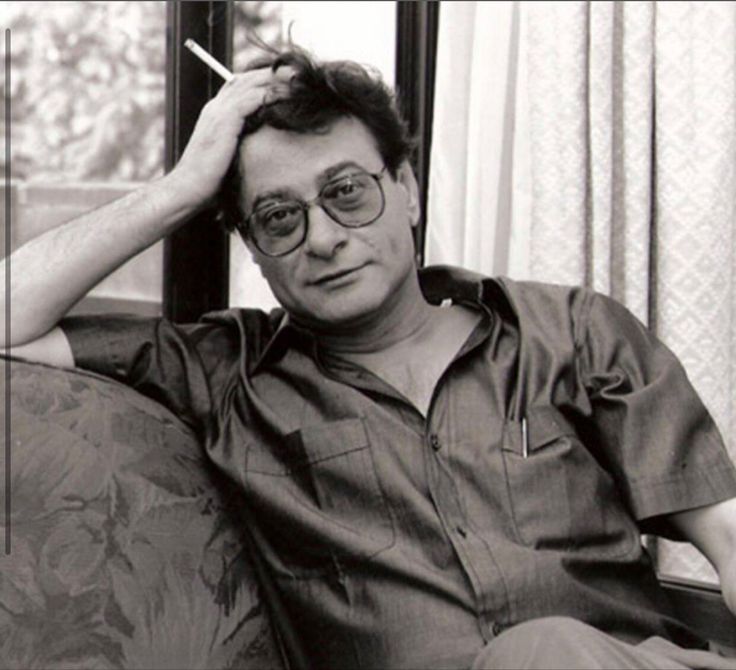“Every beautiful poem is an act of resistance.” – Mahmoud Darwish

He was a poet of unparalleled love, resistance, and solidarity. He considered himself, in his own words, a Trojan Poet recollecting and reconstructing the voices of the defeated: “The Trojans would have expressed a different narrative than that of Homer, but their voices are forever lost. I am in search of those voices.”
Mahmoud Darwish was the most beloved and renowned poet of Palestine. Despite being a seemingly quiet and private person, he won over hearts of millions of people with the beauty and fire of his words. His poems of resistance became a part of the collective conscious for all the dispossessed around the world. He was not only a highly-acclaimed poet, but also a resistance warrior.
Darwish’s childhood was a story filled with unforgettable pain. He was born in Al-Birwa, a Palestinian Arab village in 1941, to a Sunni family. They were a small farmer family—Darwish was the second of a total of eight children. Al-Birwa was occupied and razed to the ground by the Zionist occupation forces in the Nakba process in 1948. The family took refuge in Lebanon for a year. After a year, his Al-Birwa village was nowhere to be found as it had been replaced by a newly constructed Jewish colony, “Ahihud”.
In the 60s, he became an active member of the Israeli Communist Party and joined the Palestine Liberation Organization (PLO). He resigned from the organization (PLO) after the Oslo Accords of 1993. The Oslo Accords, according to Darwish, was “the greatest recklessness ever committed by a leader (Arafat) to their people.”
Darwish as a Poet of Resistance

Darwish started writing poetry at the age of seventeen. The main theme of his poetry was the suffering, pain, and anguish of the refugees in the Nakba and the inevitable dream of returning to their homeland. In 1960, Darwish published his debut poetry collection named “Asafir bila ajniha” or “Wingless Birds”. He started reciting his poems at poetry festivals. It was on May 1 of 1965 Darwish read his poem “Bitaqat huwiyya” or “Identity Card” to a huge audience in a Nazareth movie house, receiving an unbridled reaction. It took just a few days, the poem spread throughout the country, reached and touched the heart of the Arab world. “Identity Card” is one of his best protest poems. The poem opens with an impertinent opening line “Record! I am an Arab/And my identity card is number fifty thousand”. The poem was soon turned into a famous protest song which led to his house arrest order. After many trials and repeated spells in prison, the poet was exiled from his homeland until he could enter it again for 23 years. It was in exile Darwish became a global icon. He lived in Cairo, Beirut, Damascus, Tunis and Paris during his exile and read in English, French and Arabic to a way bigger global audience.
His words influenced the common people. He became the “voice of his people”. The celebrated “Palestinian poet” became the bestselling poet of the Arab world. Once a crowd of twenty-five thousand gathered in Beirut to hear him speak. Written in 1966, “To My Mother” became an unofficial Palestinian anthem. His 1967 poem “A Soldier Dreams of White Lilies” stimulated controversy due to its portrayal of the Israeli soldier.
Between 1961 and 1967, Darwish was arrested many times by the forces of the “Jewish state” for his poetry and traveling between villages in occupied Palestine without permission.
His poetic work was a brilliant saga of unwavering Palestinian nationalism. Even though Darwish earned the title of the “poet of the resistance” at a young age, poetry, for him, first and foremost, was an exercise in language. He wrote in a neutral and plain voice using imageries familiar to the common villagers of Palestine. Maybe it was his wonderful approach to language that made him so popular among the people.
Darwish authored 30 books of poetry and eight prose books. His books were translated into more than 40 languages. He was honored with many awards including the Lotus Prize for Literature in 1969 from the Afro-Asian Writers’ Association; the Cultural Freedom Prize; the Lannan Foundation (US); the Lenin Peace Prize (in 1988 former the Soviet Union) and the Knight of the Order of Arts and Letters by France.
Although he never gained the reputation and popularity of a poet of international reputation, Darwish has been celebrated by many. In the words of American writer Michael Palmer, “No poet in our time has confronted the violent tides of history with greater humanity or greater artistic range than Mahmoud Darwish.”
On Aug 9, 2008, Darwish died at the age of 67 after an open-heart surgery in the U.S. state of Texas. The poet was buried in Ramallah. Thousands of Palestinians took part in his funeral hoping for his legend to live on:
“When the sky appears ashen
and I see a rose that has suddenly burst
out of a crack in a wall I don’t say:
The sky is ashen!
I extend my study of the rose
and say to it: What a day!”
(from “The Dice Player”)
